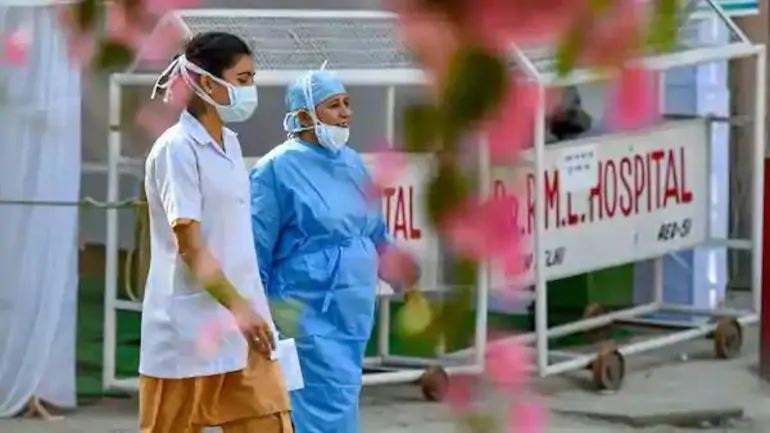There’s no denying that the COVID-19 pandemic has turned life in India upside down in the most unimaginable ways. As of writing, the total number of COVID-19 cases in India has reached the 10.8 million mark, with more than 150 thousand fatalities.
India has the second highest number of COVID-19 cases in the world, next to the USA and not too far ahead of Brazil. It first went on lockdown in the last week of March but that did little in helping curb the spread of the virus.
No one knows when this pandemic will come to an end, but the production of vaccines with high efficacy rates proves that there’s a light at the end of the tunnel. It’s worth noting that India is not too far behind in terms of acquiring and administering vaccines, though.
On January 16, 2021, India kicked off its plan of inoculating at least 300 million people by the first half of the year, around 20% of its entire population. It became the first major developing country to roll out the vaccines against COVID-19.
Two vaccines have been given emergency approval for India’s first-wave of inoculation program: the Oxford/AstraZeneca vaccine, domestically known as Covishield, and Covaxin, a locally produced vaccine developed by the pharmaceutical company Bharat Biotech.
Who gets the vaccine first?
The first phase of India’s immunization program will prioritize the 10 million frontline health care workers in India, followed by the 20 million police force, sanitation staff, and disaster management volunteers.
Next in line after frontline workers are people over 50 and people under 50 with serious comorbid conditions, such as diabetes, heart conditions, and other conditions that put them at increased risk for severe COVID-19 infection.
India is treading the same path as its Asian neighbor Singapore, which started vaccinating its frontline medical workers December 30 of last year. According to the specialists at a small practice Urologist Singapore, their team has already received the two shots of the Pfizer vaccine, showing how efficiently the small country is managing it.
After the first two phases, vaccines will be made available to the general public on a voluntary basis, but the timeline for that is still unclear. It will also depend on the availability of the vaccines.
How will the vaccination process go?
The entire vaccination process will be largely similar to the election process. An estimate of around 100 people are expected to receive vaccine shots in a site at a time, monitored by a five-team member of experts.
One officer will check the registration status of the beneficiary, then another one will authenticate the documents through the Co-WIN system.
After verification, an officer will administer the vaccine and record important health information about the vaccine beneficiary.
Lastly, two officers will be responsible for making sure that the person will observe the 30-minute post vaccination wait. It’s a way of monitoring the immediate side effects of the vaccine.
If there are more than 200 people at a single vaccination site, additional officers will be deployed, according to the country’s health ministry.
In order to make the vaccination process go as smoothly as possible, more than 200,000 vaccinators and close to 400,000 team members have been trained for the immunization program.
On top of that, large-scale trial runs have also been conducted in at least four states. Authorities in some states are readying 29,000 cold-storage units in order to properly transport the vaccine and keep it safely.
Both the Covishield and Covaxin are administered in two separate doses, given 28 days apart, and can be stored at a normal fridge temperature of two degrees to eight degrees
Once a person is vaccinated, he/she will receive a message with details of the dosage and the date and time for the second shot.
Who isn’t eligible for the vaccine?
According to the health ministry, the COVID-19 vaccines will only be administered to people at the age of 18 and above.
In line with that, both COVID-19 vaccines will not be administered to pregnant and lactating women, people showing active symptoms of COVID-19, people with a history of allergic reactions to vaccines, and people with a history of allergic reactions to the first dose of the COVID-19.
There are no vaccine companies that include pregnant and lactating women in their trials, so their effects on pregnancy are still unknown.
What’s the cost of the vaccine?
Medical and frontline workers don’t have to worry about spending money on the vaccine because the cost will be shouldered by the Indian government.
As of writing, the government has purchased 11 million doses of the Covishield at Rs 200 per dose, excluding taxes.
Bharat Biontech, on the other hand, will provide 5.5 million doses of Covaxin to the government free of charge. For the remaining doses, it will charge the government about Rs 295 per dose.




